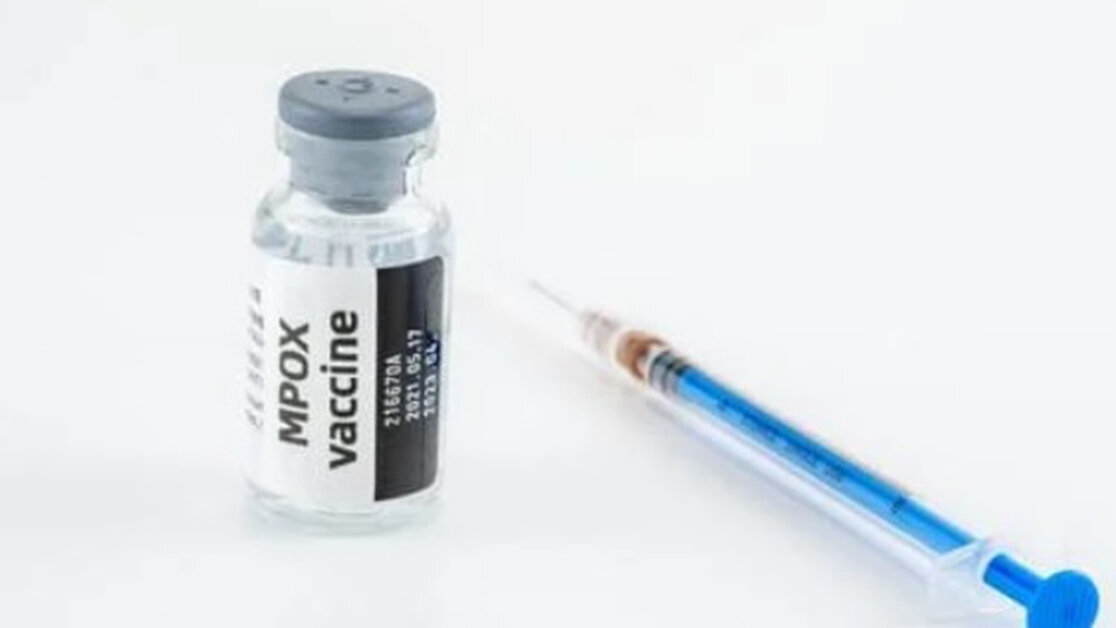Fitch: Mpox surge in Sub-Saharan Africa put a strain on economies, fiscal stability

Mpox vaccine. Courtesy photo
Fitch Ratings has raised concerns over the economic and fiscal impacts of the growing mpox outbreak in Sub-Saharan Africa (SSA), which could pose significant challenges to already strained economies.
In a press release issued on Wednesday, Fitch warned that the virus could harm economic activity, disrupt key sectors like tourism, and weaken fiscal metrics in affected countries, including Kenya, Rwanda, Uganda, Cote d'Ivoire, and South Africa.
The World Health Organisation (WHO) declared the upsurge in mpox cases across several African nations, including the Democratic Republic of Congo (DRC), as a Public Health Emergency of International Concern (PHEIC) on August 14, 2024.
With confirmed cases spreading throughout SSA, Fitch is projecting the virus to further complicate economic recovery in the region, especially in countries heavily reliant on sectors vulnerable to disruption.
"Virus outbreaks have historically had significant economic and fiscal effects," Fitch said in the release.
"For Kenya, where tourism made up 11 percent of total goods and services export earnings in 2022, a substantial increase in mpox cases could heavily impact this sector, reducing consumption and production."
Fitch's warning comes as many African nations are still grappling with the aftereffects of the Covid-19 pandemic, and the prospect of another health crisis is causing concerns about inflationary pressures and a weakened fiscal position.
The report highlights that food production and logistics may also be affected, which could drive up inflation, particularly in countries with fragile supply chains.
"Tourism is particularly vulnerable, and if mpox spreads further, we could see significant downturns in earnings for countries like Kenya, Rwanda, and Uganda, where the sector contributes heavily to their economies," Fitch added.
Fitch also cautioned that managing the outbreak could strain government budgets, as resources are redirected toward healthcare and epidemic prevention efforts.
"Fiscal metrics would be affected, with weaker economic activity depressing tax revenues, and higher government spending on healthcare and epidemic-prevention measures," the report stated.
International assistance, however, could offset some of these impacts. Fitch noted that in past health crises, like the Ebola outbreak in West Africa from 2014-2015, international grants played a critical role in supporting the economies of affected countries.
"The severity and longevity of the economic impact will depend on the scale of donor support and the government's capacity to manage the outbreak," Fitch concluded.
While the mpox outbreak has not yet reached the catastrophic levels of previous epidemics, Fitch Ratings emphasised the importance of preparedness, pointing out that past outbreaks, such as Ebola, caused significant slowdowns in economic growth and increased budget deficits in the countries hardest hit.
As the situation evolves, all eyes are on how African governments, alongside international partners, will respond to contain the virus and limit its economic fallout.
